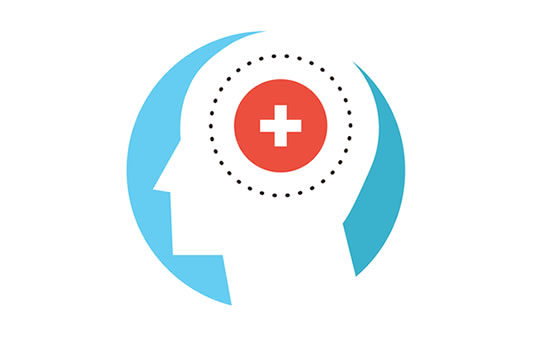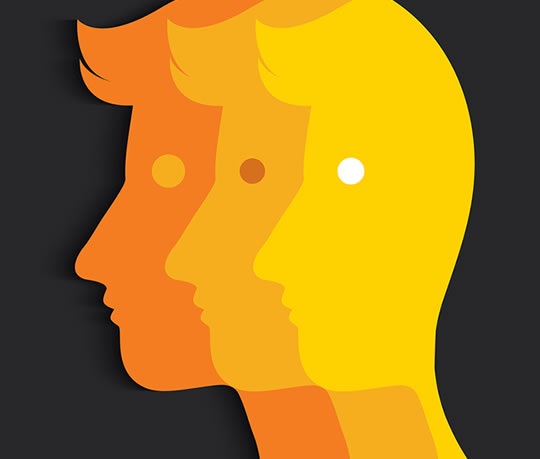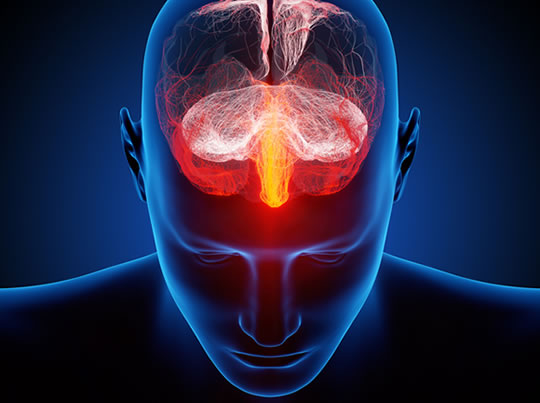People experiencing depression had just 8 minutes of this innovative therapy three times.
Immersive virtual reality therapy could soon be helping people with depression, a new study suggests.
The virtual reality therapy helped people to be less critical and more compassionate towards themselves.
This helped reduce their depression symptoms.
The study used an intriguing method to encourage people to be more compassionate towards themselves.
While wearing virtual reality headsets, people in the study comforted a virtual child who was crying.
As they did so, it appeared to respond positively to the compassion.
Then the virtual reality system gave them the impression they were in the position of the child.
They saw themselves comforting the child, except now they were on the receiving end.
Professor Chris Brewin, who led the study, said:
“People who struggle with anxiety and depression can be excessively self-critical when things go wrong in their lives.
In this study, by comforting the child and then hearing their own words back, patients are indirectly giving themselves compassion.
The aim was to teach patients to be more compassionate towards themselves and less self-critical, and we saw promising results.
A month after the study, several patients described how their experience had changed their response to real-life situations in which they would previously have been self-critical.”
The 15 depressed people who took part in the study repeated the 8-minute scenario three times, at weekly intervals.
Nine reported experiencing fewer depressive symptoms one month later.
Professor Mel Slater, who co-authored the study, said:
“We now hope to develop the technique further to conduct a larger controlled trial, so that we can confidently determine any clinical benefit.
If a substantial benefit is seen, then this therapy could have huge potential.
The recent marketing of low-cost home virtual reality systems means that methods such as this could potentially be part of every home and be used on a widespread basis.”
The study was published in the British Journal of Psychiatry Open (Brewin et al., 2016).
Image credit: Brandon Warren









